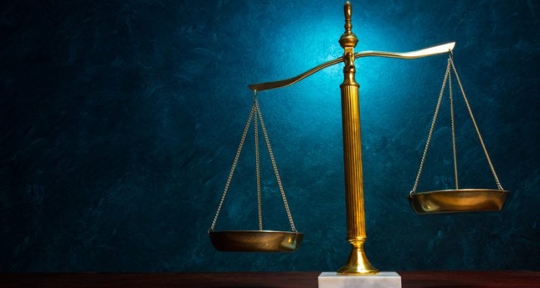Since taking office in 2016, President Trump has utilized his executive powers in several scenarios—namely, within the immigration system. His ability to circumvent the government in this way stems from a system called “separation of powers,” but it is limited by another legal structure referred to as “checks and balances.”
The U.S. Constitution divides governmental power into 3 categories:
- Executive (the President and other enforcement agencies like USCIS);
- Legislative (the House of Representatives and Senate); and
- Judicial (the federal court system).
“Checks and balances” refers to each branch’s ability to prevent other branches from overstepping their authority. For example, the President cannot create laws, but he can enforce them. The legislative branch cannot enforce laws, but it can create them. The judicial branch cannot create or enforce laws, but it can declare them unconstitutional and void them.
So, just as Trump can veto legislation and declare national emergencies, the legislative and judicial branch can interfere with Trump’s political agenda. We have seen this a number of times throughout his presidency. He has tried on several occasions to install sweeping immigration and travel bans, but the federal court system has deemed many of them unconstitutional. Even the ban he finally passed has a long list of exceptions, and it has not substantially affected anyone’s case because the U.S. Consulates and Embassies were already closed.
According to experts, section 212(f) of the Immigration and Nationality Act is what has allowed the President to sidestep checks and balances to a certain degree.
Section 212(f) states:
"Whenever the President finds that the entry of any aliens or of any class of aliens into the United States would be detrimental to the interests of the United States, he may by proclamation, and for such period as he shall deem necessary, suspend the entry of all aliens or any class of aliens as immigrants or nonimmigrants, or impose on the entry of aliens any restrictions he may deem to be appropriate.”
This grants what appears to be sweeping authority to the President, although it is still “checked” by the judicial branch. To fully protect prospective immigrants and foreign workers from future restrictions, many argue that section 212(f) must go.
Looking Forward
Like other businesses previously closed due to COVID-19, USCIS and U.S. Embassies/Consulates are now beginning to reopen. The 60-day immigration ban is still in effect until June 21st, and the administration has said it may extend it, but they have given no indication either way. Additionally, some have speculated that Trump might order USCIS to stop processing professional worker petitions. But these petitions come with substantial fees, and he would need to either refund what everyone has paid or endure an onslaught of lawsuits. In short, continuing to restrict immigration while other businesses reopen is going to be a substantial challenge.
For now, our team at The Sekou Clarke Law Group can provide legal support for you and your loved ones during these uncertain times. While we cannot predict the future, we can strategically guide you through new challenges and help you accomplish your immigration goals as soon as possible.
Let’s get started with a consultation. Call (407) 269-8774 or contact us online today.

